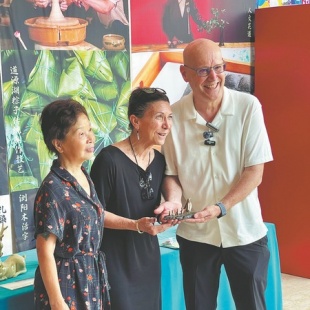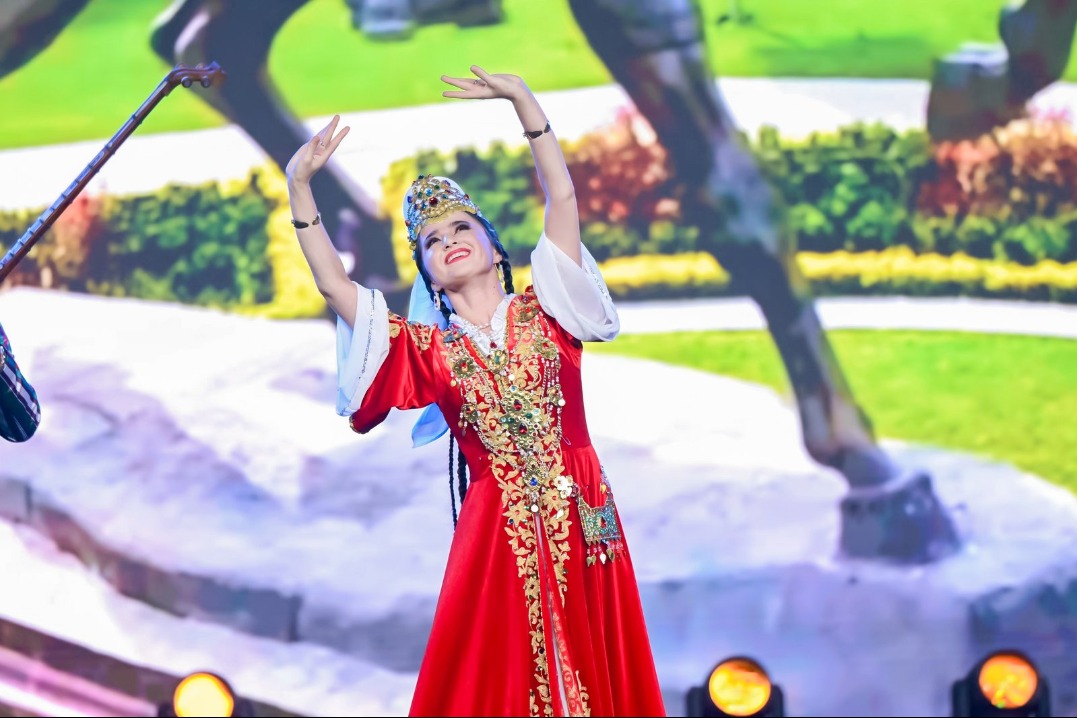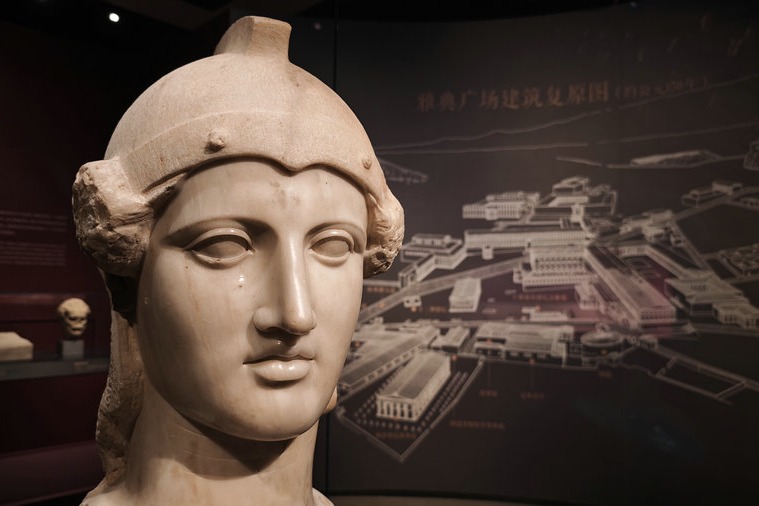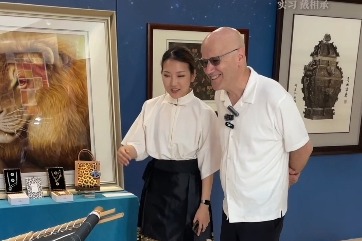US professor shows a class act

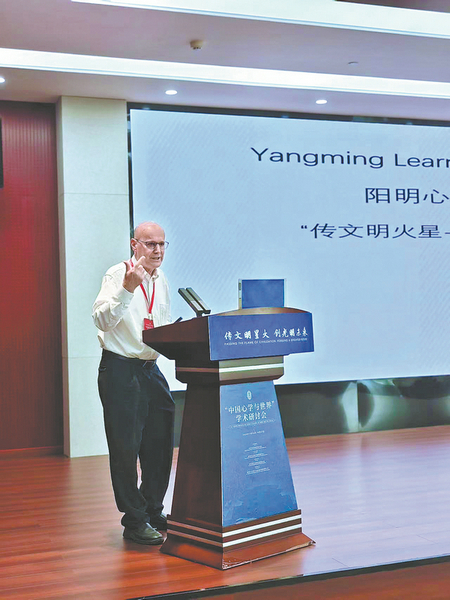
"I believe this spirit of openness and inclusiveness is one of the key reasons why the academy has remained so dynamic and relevant across the centuries. It is also what makes me feel truly at home here."
Ditmanson's family's connection with China runs deep, tracing back generations.
His paternal grandparents came from the United States, and his maternal grandparents from Australia.
"They arrived in China in the early 20th century, dedicating themselves to social welfare and relief work. Amid the turmoil of war, my parents met and bonded over a shared commitment to compassion and service," he recounts.
From 1945 to 1948, his father worked for the United Nations Relief and Rehabilitation Administration.
"After World War II, he conducted fieldwork in Zhangjiakou, Hebei province, seeking to learn more about conditions in northern China. As a physician, he continually refined his skills, striving to provide accessible, effective medical care to those in need. Their stories formed the earliest impressions I had of China," he says.
Ditmanson was born in China and lived in the country until he was 8 years old, when he moved back to the US.
"I forgot how to speak putonghua (Mandarin) and found that I didn't know much about my cultural heritage," he recalls growing up.
Driven by a personal desire to reconnect with his roots, he began studying Chinese language and literature at the University of Minnesota, where he earned a Bachelor of Arts and a Master of Arts. He later pursued Chinese history at Harvard University, receiving a PhD with a primary research focus on the Ming Dynasty (1368-1644).


